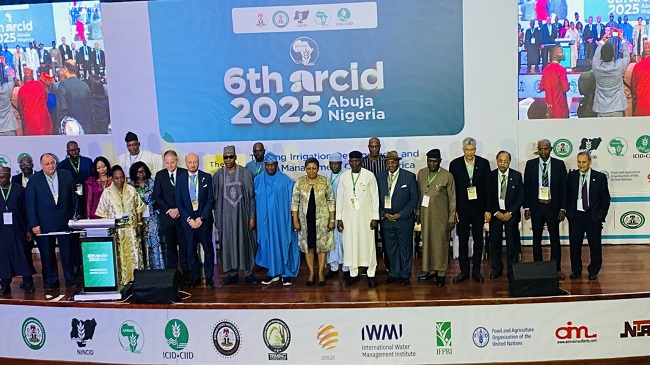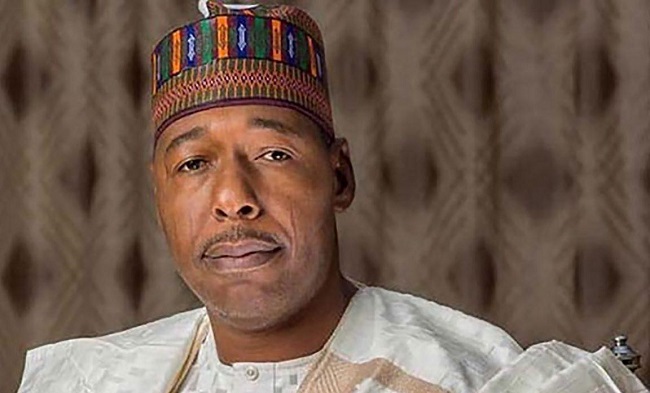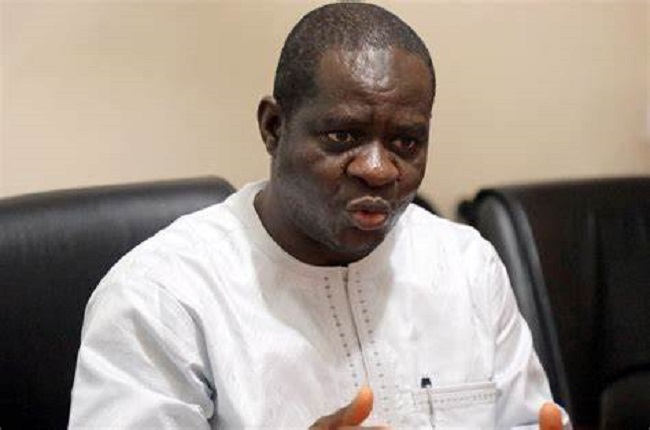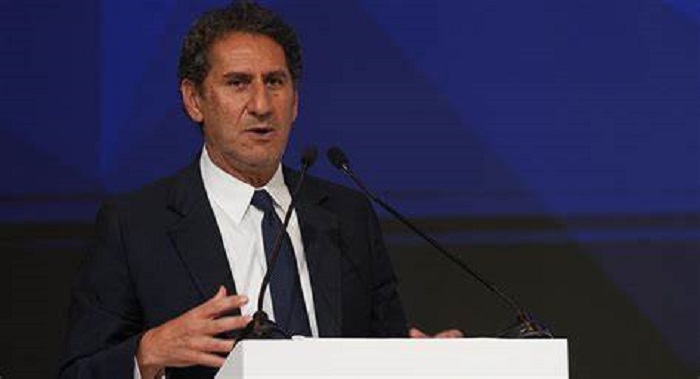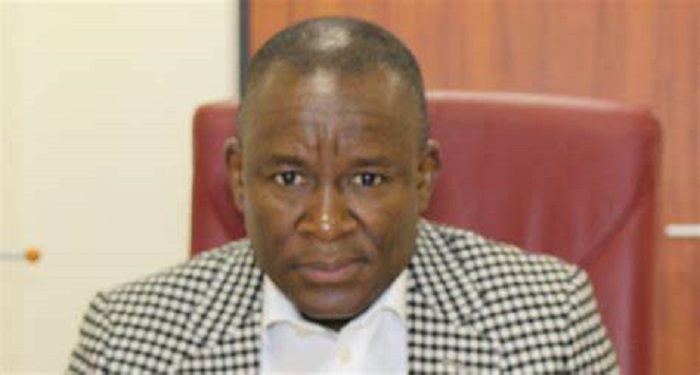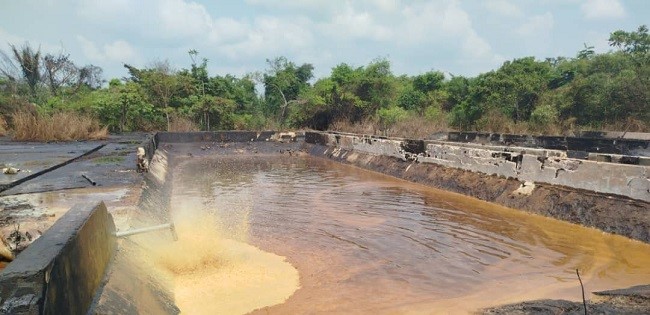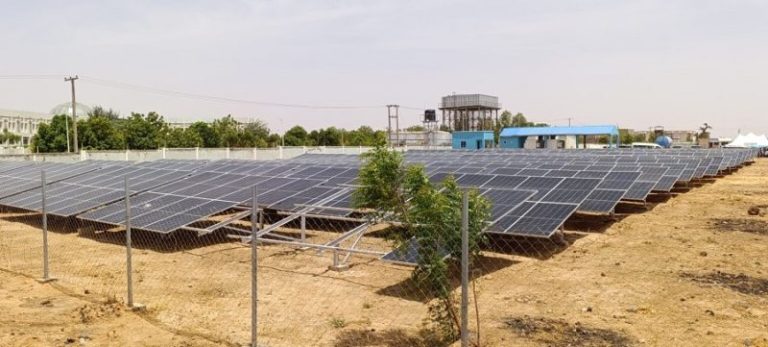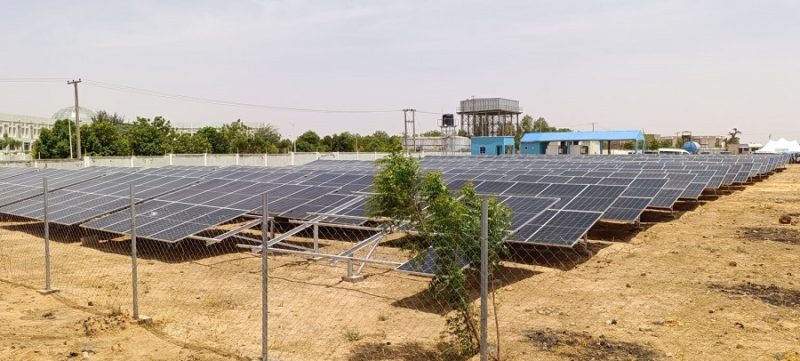Renaissance Africa Energy Company Limited on Tuesday, April 15, 2025, launched its official logo at Yenagoa, the Bayelsa State capital.

In his remarks, Mr. Igo Weli, General Manager, Relations and Sustainable Development, Renaissance Africa Energy Company Limited, commended key stakeholders in their operational states.
According to him, “today is one of the scheduled engagements taking place in the other states, where we have operations”.
Represented by Mr. Bamidele Odugbesan, Communications, Media and NGO Relations Manager, he said it should not come as a surprise to them, that they are still familiar faces that have been their key contacts.
“But we are now under a brand new name, Renaissance Africa Energy Company Limited.
“Under this name Renaissance, we are very enthusiastic and wish to share with you our story and our vision.
“Ladies and gentlemen, in March 2025, Renaissance Africa Energy Company Limited completed the acquisition of the shares of SPDC and took over the SPDC Joint Venture Operations.
“To become the operator of the NNPC/SPDC/TotalEnergy/Nigeria Agip Oil Companies joint venture.
“The unveiling of the logo marks the dawn of a new era in the nation’s energy sector,” he said.
Weli said that the acquisition positions of Renaissance as the leading energy company in Nigeria, and “we wish to establish a foundation for collaborative relationships with you through this ‘get-to-know-you’ approach.”
He said that Renaissance is committed to a smooth and transparent transition, as they respect the legacy of the SPDC JV.
“We are committed to building upon it’s foundation in a manner that fosters transparency, promotes trust, and enables economic prosperity for all stakeholders.
“We have unwavering commitment to responsible operations and environmental stewardship and an equally unwavering commitment to community development.
“We know that these are of major significance to you and we wish to establish open channels of communication that fosters transparency.
“We believe that these channels of communication will enable us to address concerns that you may have and to mitigate potential anxieties related to the transition,” he said.
He reiterate that Renaissance seeks effective engagement with key stakeholders in the Niger Delta, because they are for long term, as they have invested in sustainable development.
On his part, King Barnabas Tarila, Paramount Ruler, Polaku Community, in Yenagoa Local Government, said that he expects Renaissance Company to do more than what Shell has done for the people.
By Shedrack Frank


